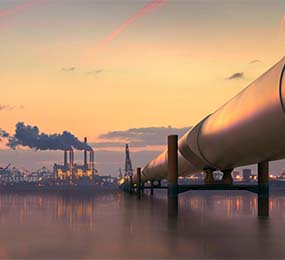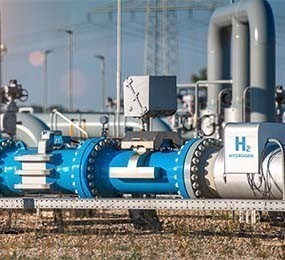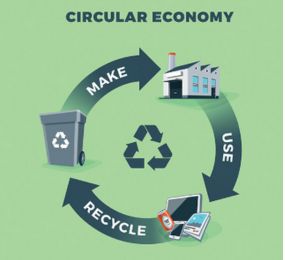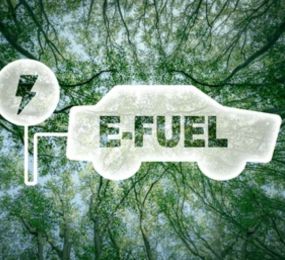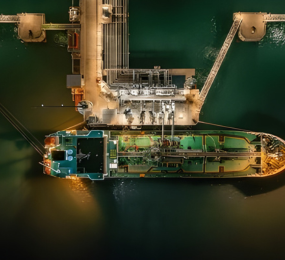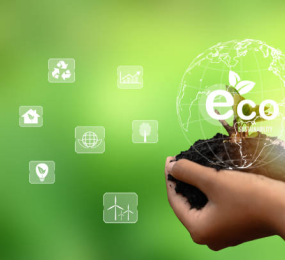As nations worldwide intensify their decarbonization goals, attention is turning toward solutions that can fill the gaps where electrification isn’t practical. Among the most promising developments is the rise of e-fuels—synthetic fuels created using renewable electricity and captured carbon. These fuels offer a compelling route to slashing emissions in industries that are notoriously difficult to decarbonize, such as aviation, maritime, and heavy-duty transport.
Unlike fossil fuels, e-fuels are produced through processes like power-to-liquid and power-to-gas, which use green hydrogen and CO? captured from industrial or atmospheric sources. The result is a clean-burning fuel that can be used in existing engines and infrastructure with minimal modifications. This compatibility with current global fuel systems makes e-fuels especially attractive in the transition to net-zero.
Globally, interest in e-fuels is growing rapidly. Europe is leading much of the early momentum, with countries like Germany and the Netherlands investing heavily in pilot projects and regulatory frameworks to scale production. Meanwhile, private companies are racing to commercialize technology that makes e-fuels more cost-effective and accessible.
Events such as the World e-Fuels Summit play a crucial role in bringing together stakeholders from across energy, technology, government, and transport sectors. These summits provide a platform for discussing breakthroughs in electrolysis, carbon capture, and fuel synthesis, while also addressing real-world barriers like cost, scalability, and regulation.
The potential applications of e-fuels are vast. In aviation, where battery-powered planes remain years away from being viable at scale, e-fuels can offer a drop-in solution with immediate impact. In shipping and freight, they provide a cleaner path forward without waiting for next-generation infrastructure. Most importantly, they enable climate action without sacrificing performance or reliability.
Conclusion
World e-fuels represent more than a technological innovation—they symbolize a practical bridge between today’s fossil-fuel-based systems and tomorrow’s clean energy reality. As production scales and policy support strengthens, e-fuels are poised to play a central role in the global energy transition. They may not be the only answer, but in the race to decarbonize, they’re an essential part of the solution.
Learn more on our website: https://www.leadventgrp.com/events/2nd-annual-world-e-fuels-summit/details
For more information and group participation, contact us: [email protected] .
Leadvent Group - Industry Leading Events for Business Leaders!
www.leadventgrp.com | [email protected]


